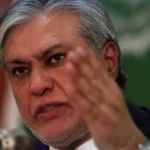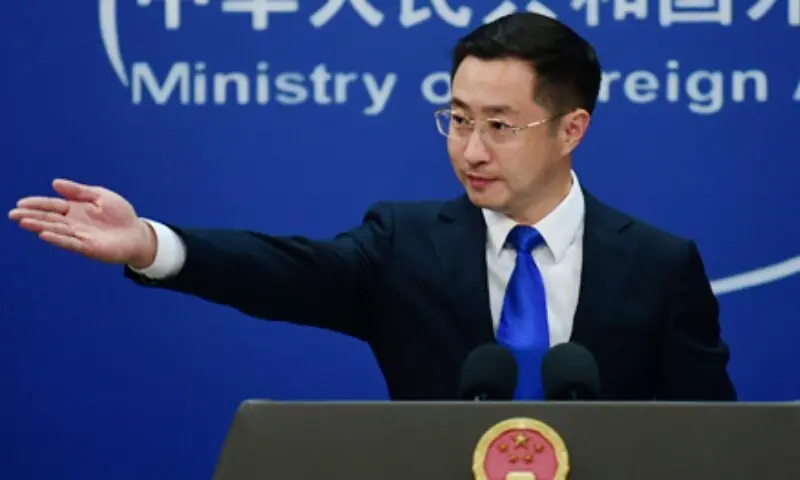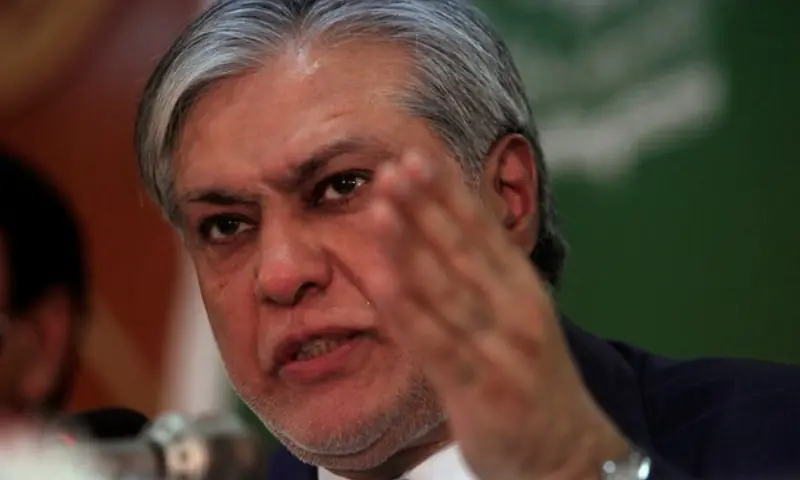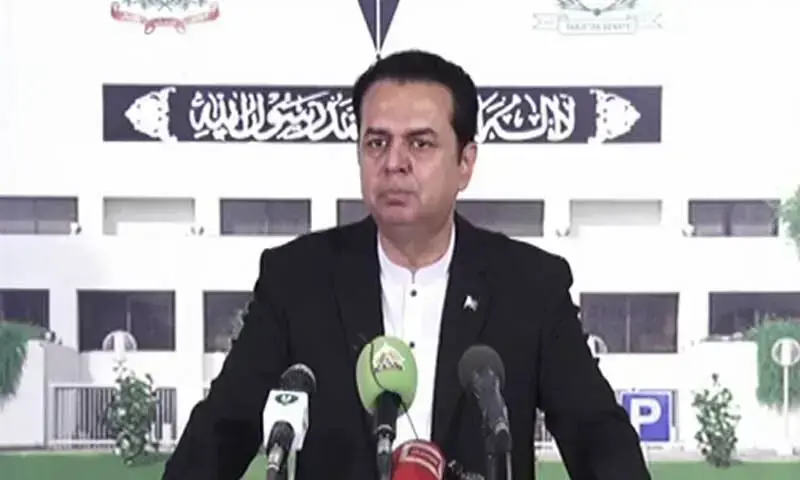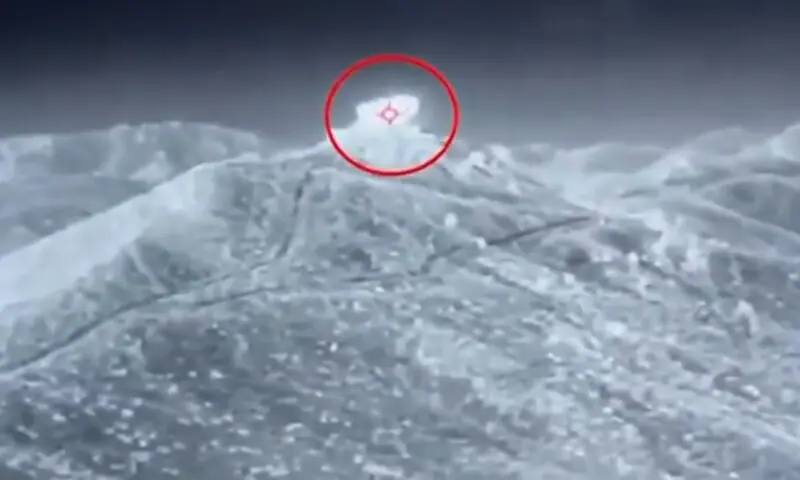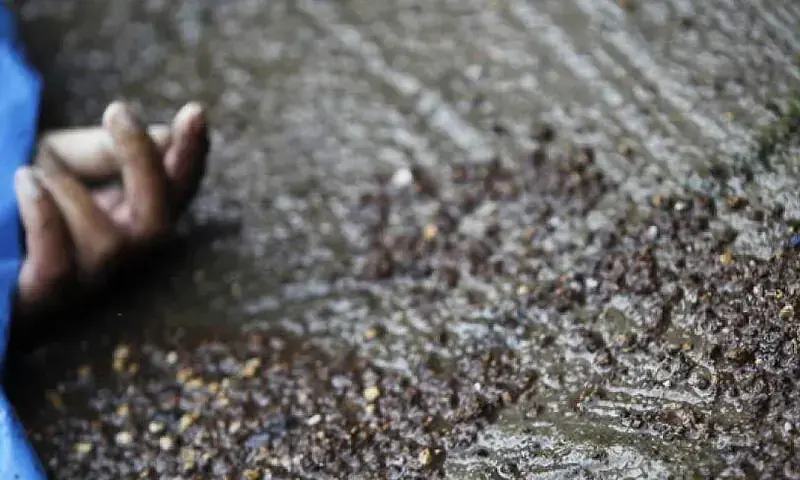China’s Foreign Ministry has said that Pakistan keeps its strategic ally aware of its cooperation with the United States in the mining sector, and that the two countries have maintained “high-level strategic mutual trust and close communication.”
“The two countries have maintained high-level strategic mutual trust and close communication on important issues related to each other’s common interests. From what I have learned, the two countries have been in communication on mining cooperation between Pakistan and the United States,” spokesman Lin Jian said.
US Strategic Metals, which signed a memorandum of understanding with Pakistan in September to invest approximately $500 million to establish mineral processing and development facilities in the country, recently sent its first shipment of mineral samples to the United States to advance the deal.
The sample shipment, prepared locally in collaboration with Frontier Works Organization, includes antimony, copper concentrate and rare earth elements such as neodymium and praseodymium.
Pakistan also exports nearly $1.2 billion worth of copper ore to China annually and is expanding cooperation in the mining and mineral sectors as well as with its close ally. China produces more than 90 percent of the world’s processed rare earths and rare earth magnets. The 17 rare earth elements are vital materials in products ranging from electric vehicles to aircraft engines and military radars. Exports of 12 of them are restricted after China’s Ministry of Commerce added five more (holmium, erbium, thulium, europium and ytterbium) last week, along with related materials.
Lin Jian, a spokesperson for China’s Foreign Ministry, was asked about the shipment of minerals to the United States and its alleged link to China’s restrictions.
He stated that Islamabad and Beijing have been in communication over mining activities and “Pakistan emphasized that its interactions with the United States will never harm China’s interests or its cooperation with China.”
Furthermore, in an apparent reference to a photograph circulating on social media showing Prime Minister Shehbaz Sharif and Chief of Army Staff Field Marshal Asim Munir showing an open box containing mineral samples to US President Donald Trump, the spokesperson said: “The samples that Pakistani leaders showed and handed over to the US leader are gems purchased by staff in Pakistan. The reported stories you mentioned are either misinformed or made up. or even designed to drive a wedge between China and Pakistan. They simply have no basis.”
The photograph was released by the White House, after a meeting in September in the US, and showed Field Marshal Munir pointing out the content of the case and Trump looking at them.
The spokesperson said China’s recently released export control measures on rare earth-related items “have nothing to do with Pakistan.”
“It is a legitimate action by the Chinese government to improve its export control system in accordance with laws and regulations. It aims to better defend world peace and regional stability and comply with non-proliferation and other international obligations,” he added.
He reiterated that China and Pakistan were “all-weather strategic cooperative partners” whose ironclad friendship “has stood the test of time.”
Last week, China expanded its export controls on rare earths and related technology in a bid to further strengthen its control and dominance over critical minerals key to the energy transition.
Five more medium-to-heavy rare earth elements (holmium, erbium, thulium, europium and ytterbium) and related material will be added starting Nov. 8, China’s Ministry of Commerce said.
Rare earths will join more than twenty elements and related materials already listed, forcing exporters in each case to apply for licenses from Beijing before selling abroad. China has also separately banned exports of gallium, germanium and antimony to the United States.

